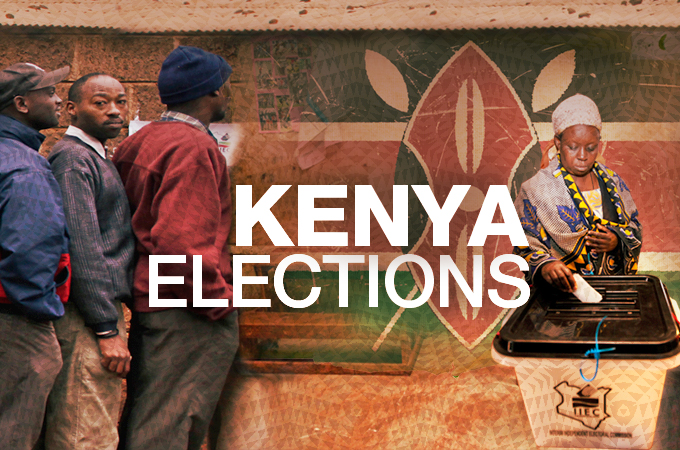Africa Update: Markets Resilient

Why Nigeria is reforming its pioneer status scheme, Yewande Sadiku
August 11, 2017
Article Update: Maintaining a good bank balance
August 14, 2017So far in 2017, the big macro news in Africa is what has not happened. With the election of Donald Trump in November, the conventional wisdom of many global investors was that faster growth and higher interest rates in the U.S. would punish emerging and frontier market stocks and currencies. However, this has not happened. African currencies are doing relatively well this year and most African markets have delivered a positive return so far in 2017, in both local currency and USD.
Growth in sub-Saharan Africa appears to be rebounding off the very tepid 1.6% number recorded in 2016, which was the slowest rate of growth in the last twenty years. The World Bank currently expects growth of 2.6% for 2017. While many of Africa’s smaller countries are growing at a substantially faster rate than 2.6%, it is the slow growth of sub-Saharan Africa’s three largest economies—those of South Africa, Nigeria and Angola—that are weighing on the continent-wide growth figures. We expect countries that depend more on domestic demand to drive their economies, such as Kenya, Tanzania, Ethiopia and Senegal to post growth 2 or 3 percentage points higher than the Continent as a whole, just as they have for the last few years.
We do not see a major rebound in energy and commodity prices on the horizon and continue to invest with this view in mind. We expect consumer-facing industries to outperform the materials and energy sectors across sub-Saharan Africa for the balance of the year.
Our Strategy
Our Africa strategy continues to have its largest exposures to assets in South Africa and Kenya. In the second quarter our South Africa holdings, as a whole, held their value while our Kenyan stocks, as a whole, posted strong performance in the quarter.
In recent months, the Kenyan economy has been negatively affected by the upcoming election (the ballots are still being counted as I write this letter). Businesses have put off spending ahead of the election, fearing a repeat of the ethnic clashes which following the 2007 election. Economic growth in Kenya was only 4.7% in the first quarter—a number that would be very respectable elsewhere but which is down from 5.9% growth in the first quarter of 2016. Growth in lending of 3.3% was also lower in the period, due not just to election jitters but also the interest rate caps instituted by the government in August of 2016. With caps on the interest rates they can charge borrowers with higher credit risk, many banks are simply choosing not to lend to such customers.
Our sense is that many foreign investors have been on the sidelines ahead of the election. This has been to their detriment, however, as Kenyan stocks have done very well in recent months. We view political uncertainty as a standard feature of the African landscape and are unlikely to reduce our positions except in exigent circumstances. Such uncertainty can often produce significant price swings, and we area always on the lookout to add to our favorite holdings at a discount. We invest with a long-term horizon and expect the Kenyan companies in which we have invested to thrive in the long run regardless of which party comes to power in the 2017 election.
We increased our positions in the following five equities during the quarter: Kenya Commercial Bank(Kenya), Kenya RE (Kenya), Jubilee Holdings (Kenya), Octodec Investments, Ltd. (South Africa) and Howden Africa (South Africa).
We added one new holding during the quarter: State Bank of Mauritius Holdings (SBMH.SEM), which trades on the Stock Exchange of Mauritius (SEM), located in Port Louis, Mauritius. Mauritius is one of the most economically developed countries in Africa and has a fairly high standard of living. SBM, along with Mauritius Commercial Bank, is one of the two largest financial institutions in the country. SBM is the largest retail bank and is now making efforts to expand into East Africa. The company bought Fidelity Commercial Bank in Kenya and is bidding to buy Chase Bank in that country as well. The stock fits our value parameters nicely: its dividend yield is more than 5% and it trades 18% below book value.
We sold our position in EOH Holdings (South Africa) during the quarter. While the company’s financial performance has been very strong in recent years, we were unhappy and unsatisfied with the company management’s tepid and unconvincing response to allegations of corruption regarding contracts secured with the South African government.

